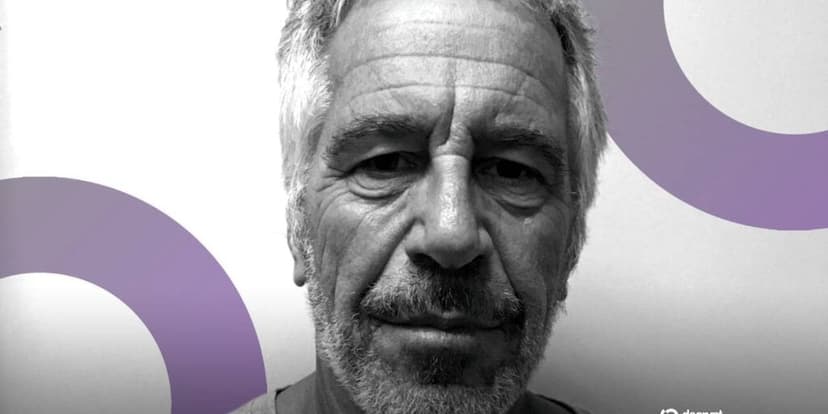About Ethereum (ETH) in India
Ethereum (ETH) is a decentralized blockchain platform that facilitates the creation and execution of smart contracts and decentralized applications (dApps). Built on the Ethash hashing algorithm, it ensures network security while operating on a proof-of-work consensus mechanism, requiring miners to...
Ethereum is pivotal for various use cases in India, particularly in decentralized finance (DeFi). It allows users to lend, borrow, and earn interest on assets without intermediaries. Platforms like WazirX and Unocoin leverage Ethereum's capabilities to offer innovative financial services.
Ethereum's tokenomics model has evolved, especially with the transition to Ethereum 2.0 and the EIP-1559 upgrade. Initially capped at 18 million ETH per year, the network now burns a portion of transaction fees, creating scarcity and potentially increasing ETH's value.
The network's security relies on its proof-of-work (PoW) mechanism, requiring miners to solve cryptographic puzzles to validate transactions. This process deters malicious activities and ensures only legitimate transactions are recorded.
Ethereum's development roadmap includes significant milestones aimed at enhancing scalability and security. Launched on July 30, 2015, Ethereum 1.0 introduced smart contracts. Major upgrades like Metropolis: Byzantium and Constantinople improved privacy and performance. The transition to Ethereum 2.
How to Secure Your Ethereum (ETH) in India
To safeguard your Ethereum holdings, consider using a hardware wallet like Ledger or Trezor, which offer a secure offline environment for your private keys. This is crucial in India, where regulatory scrutiny is increasing, and security breaches can be costly.
For effective private key management, store your keys securely and never share them. Use strong, unique passwords and enable two-factor authentication (2FA) to enhance security. Be vigilant against common threats like phishing and malware; regularly update your software and avoid suspicious links.
Implement multi-signature security options, which require multiple approvals for transactions, adding an extra layer of protection against unauthorized access. In India, this is particularly important as the crypto landscape evolves and risks increase.
Lastly, establish a robust backup procedure by securely storing copies of your wallet recovery phrases and private keys in multiple physical locations. This ensures you can recover your assets in case of loss or theft, providing peace of mind in a dynamic market.
Understanding How Ethereum (ETH) Functions in India
Ethereum operates on a decentralized blockchain that uses a public ledger to document all transactions and smart contracts. It initially employed a Proof of Work (PoW) mechanism but has transitioned to a Proof of Stake (PoS) model with the Ethereum 2.
Transactions are validated by validators who propose and attest to blocks, ensuring that only legitimate transactions are recorded. In India, this aligns with the regulatory focus on secure and transparent financial systems.
Ethereum's unique features include support for smart contracts, enabling programmable transactions and decentralized applications (dApps). This capability is particularly relevant in India, where decentralized finance (DeFi) protocols are gaining traction, offering innovative financial services and...


